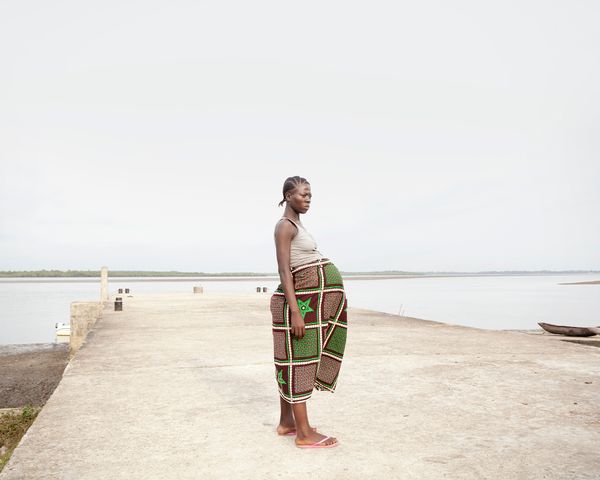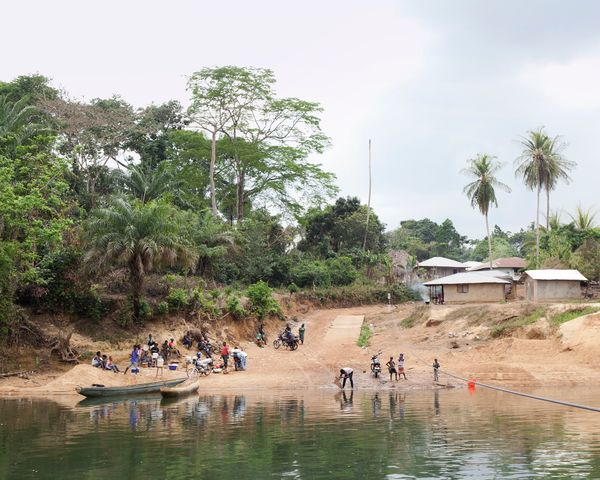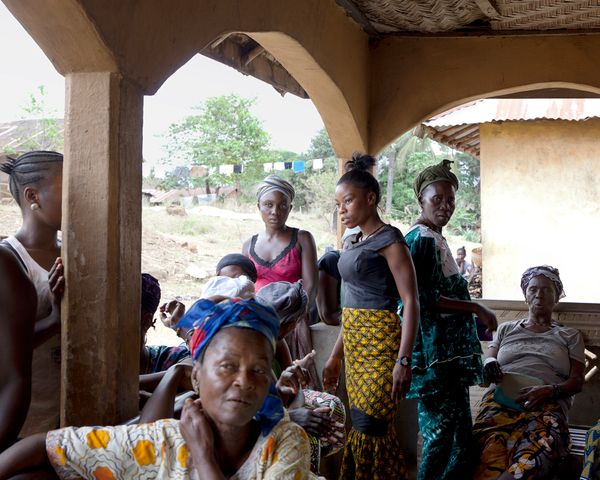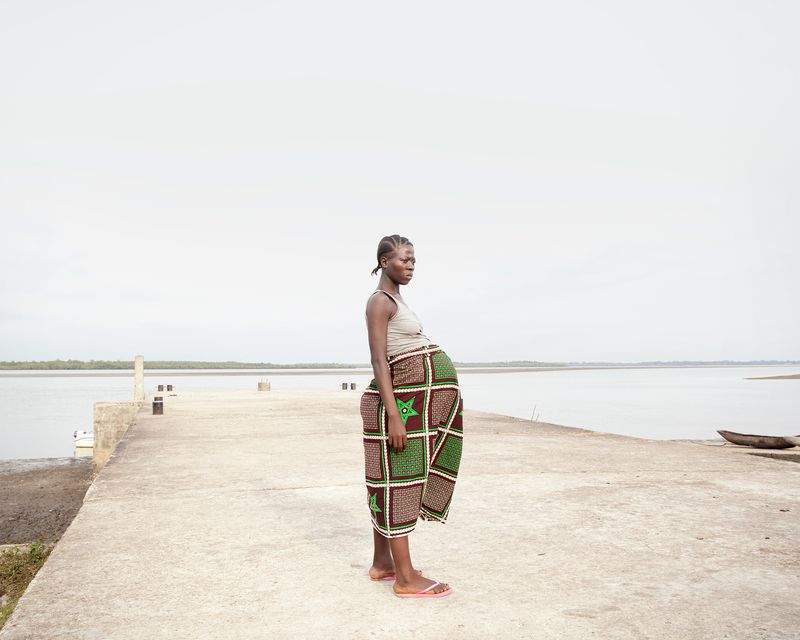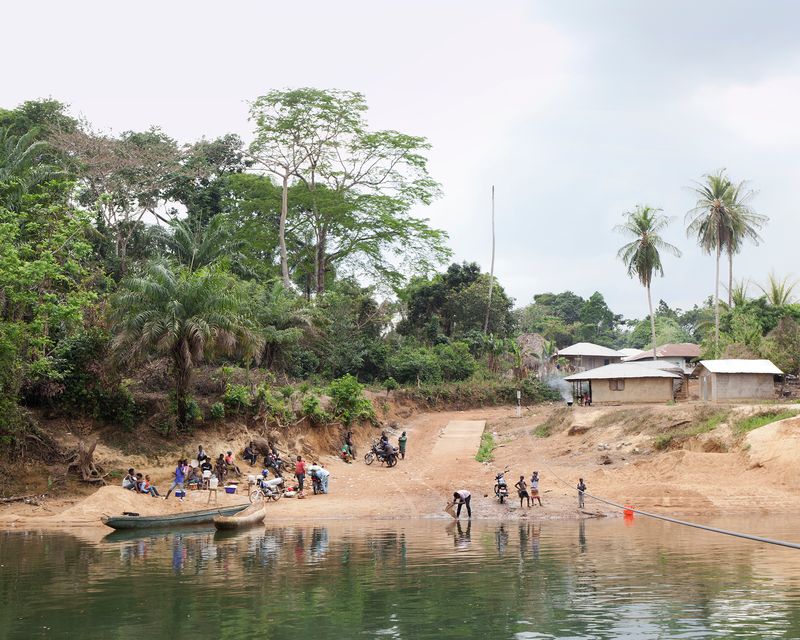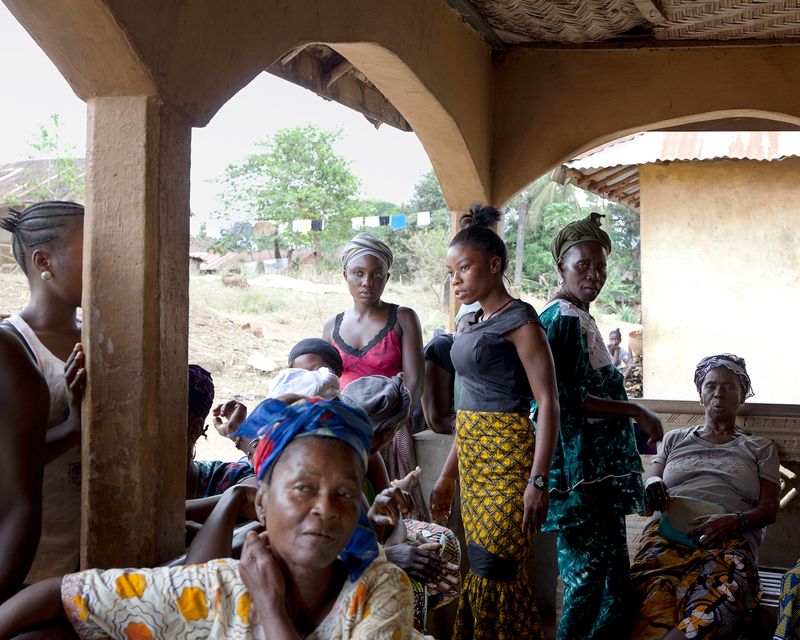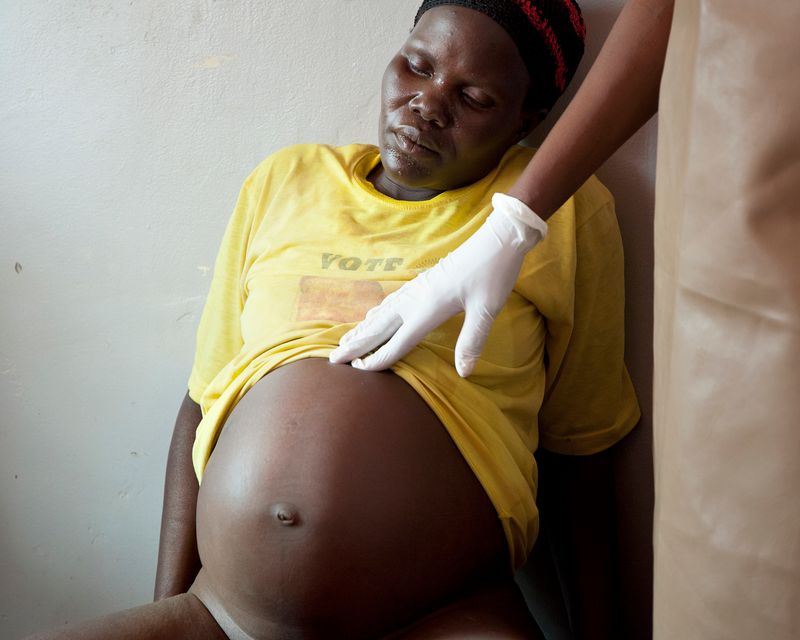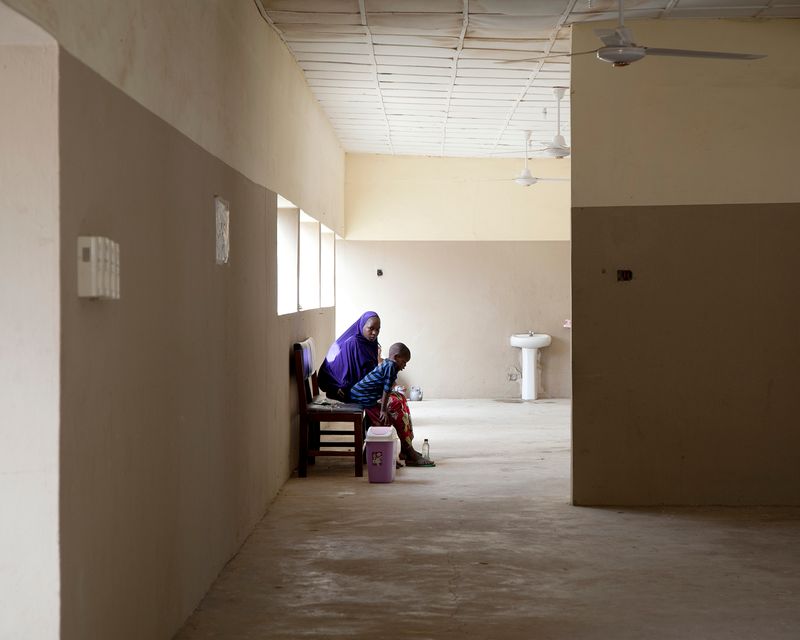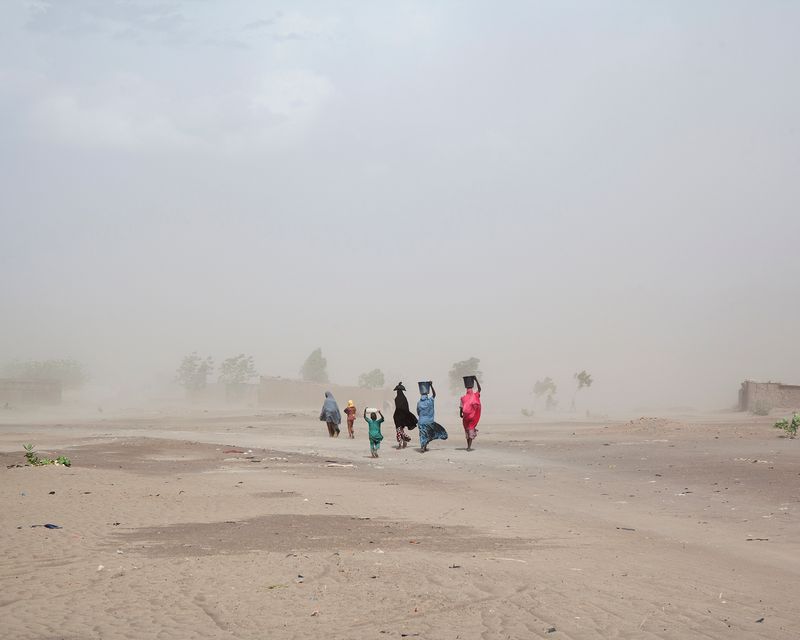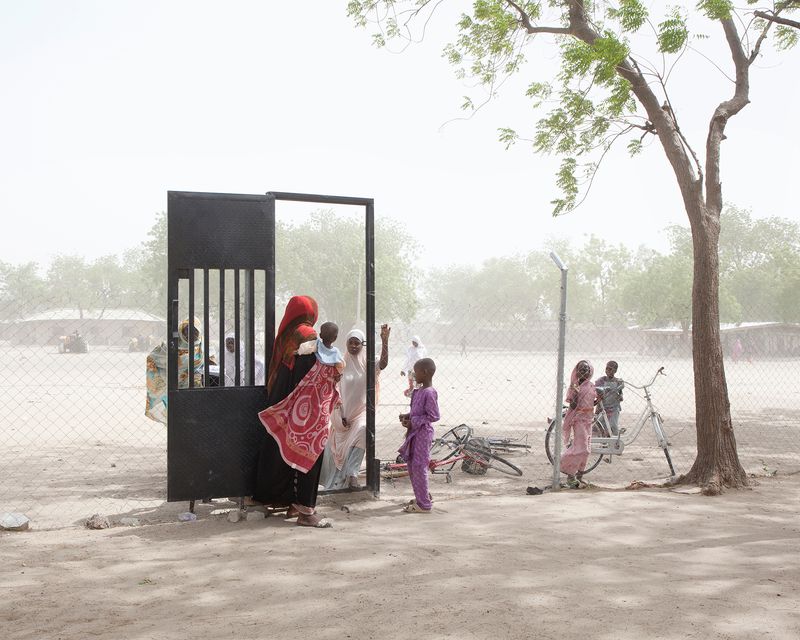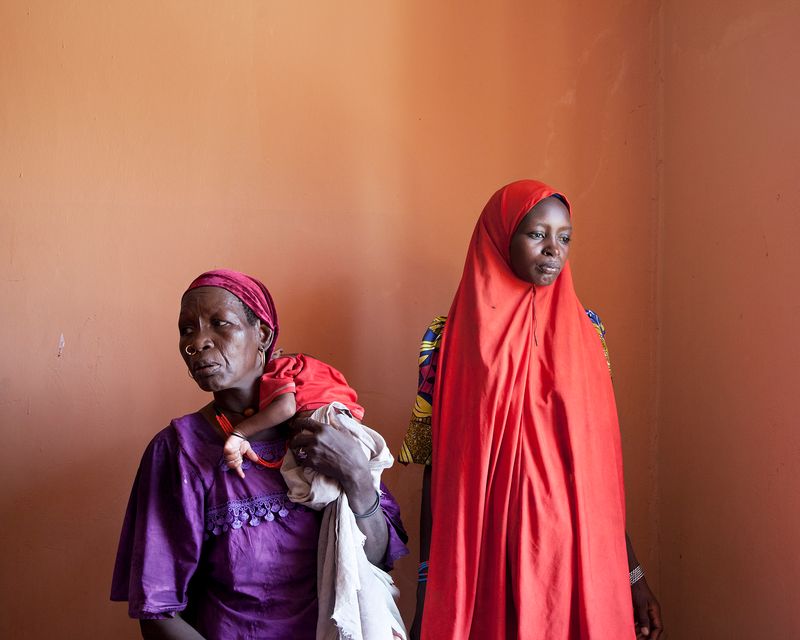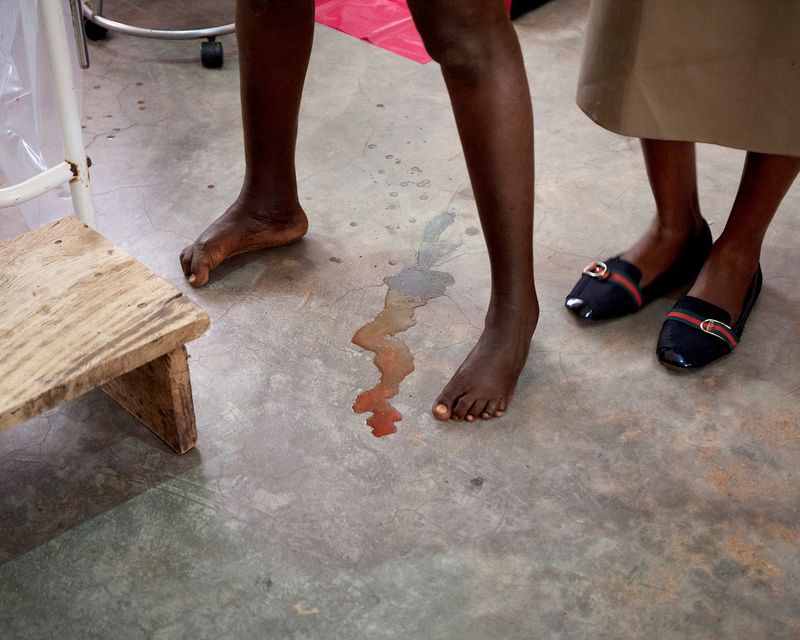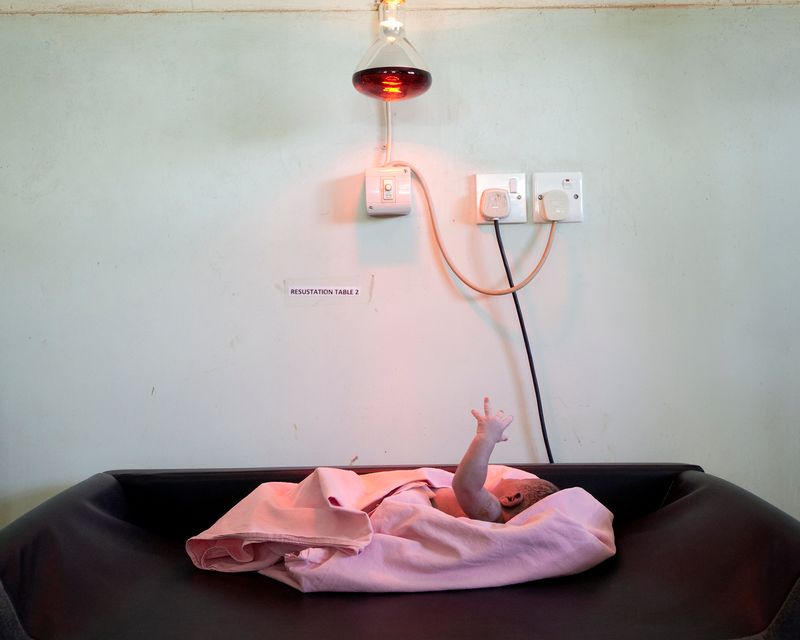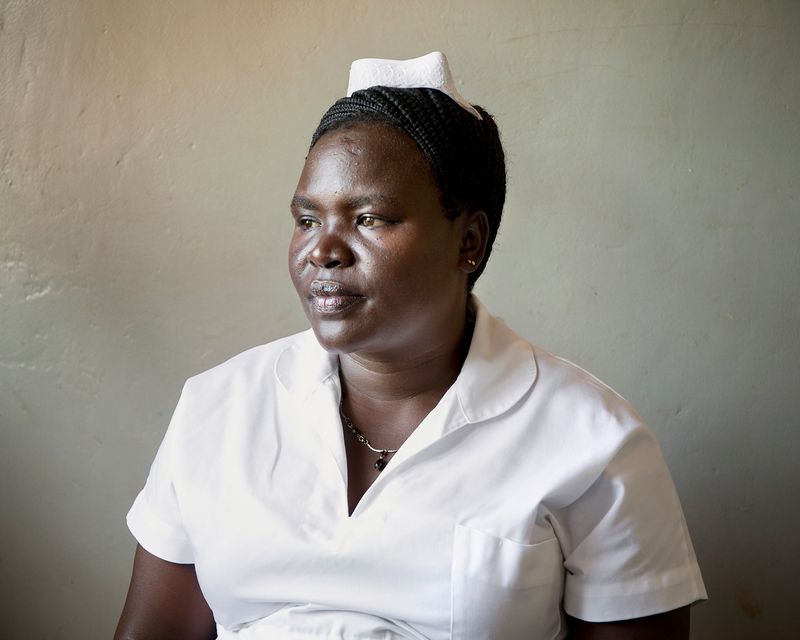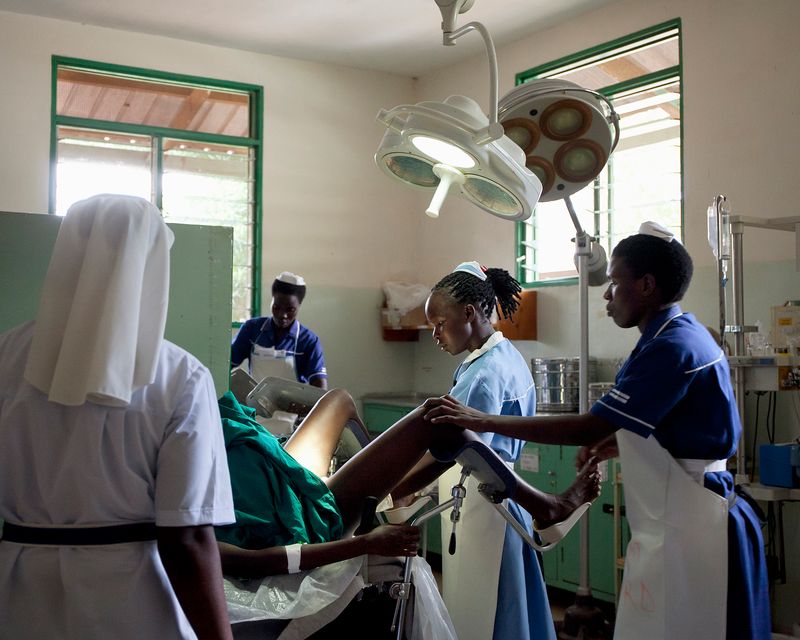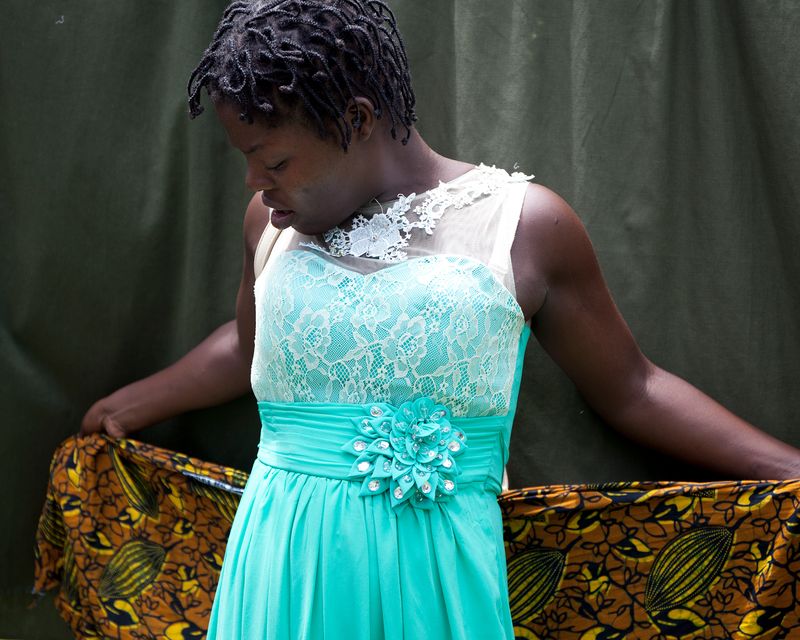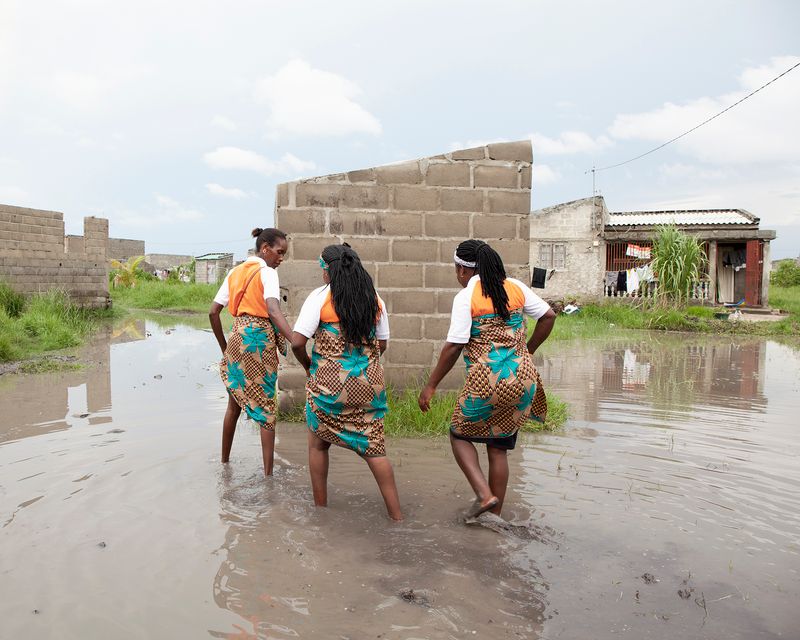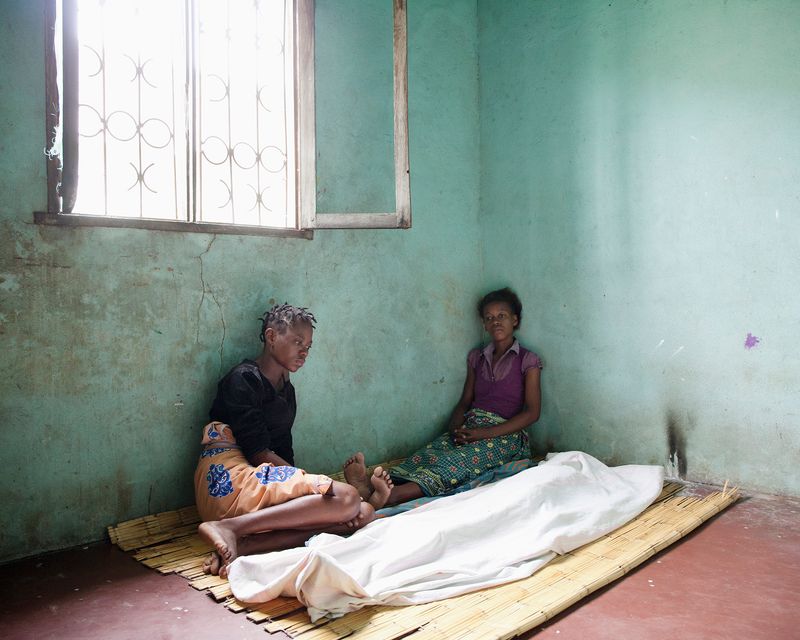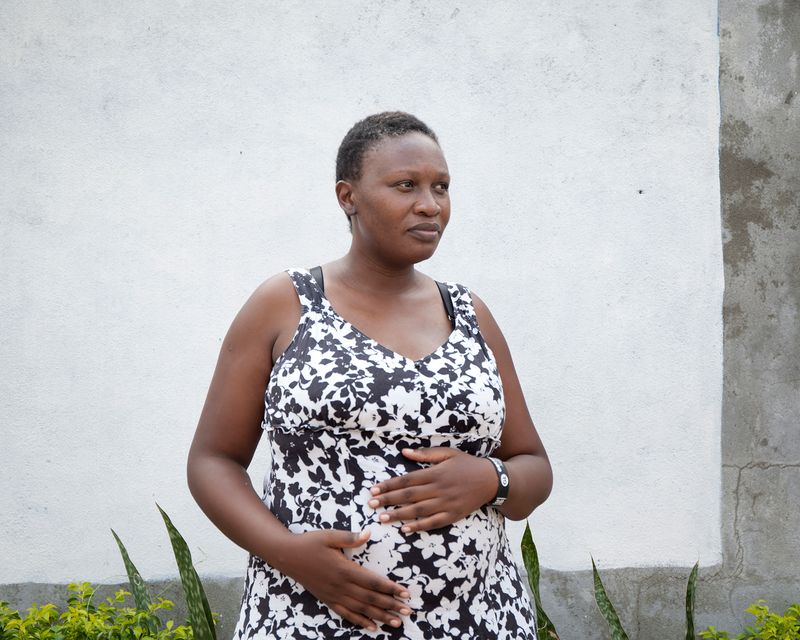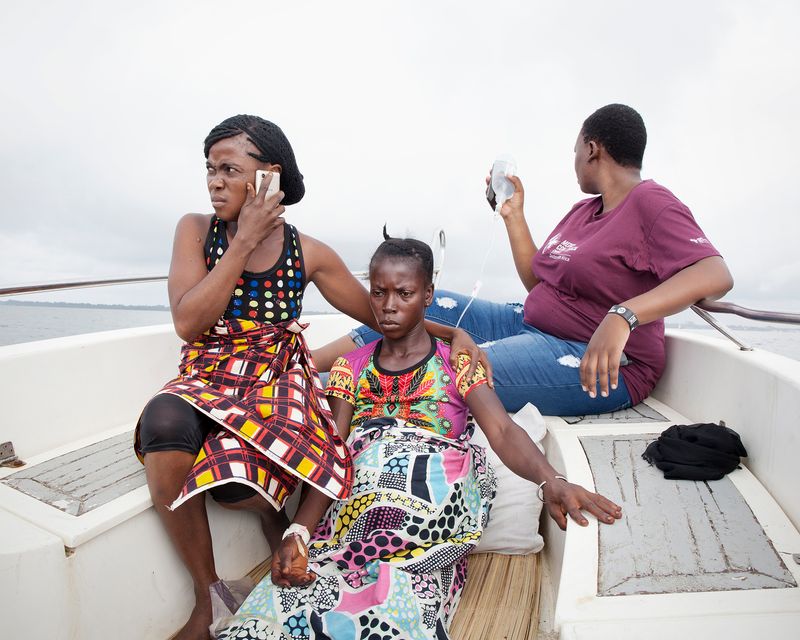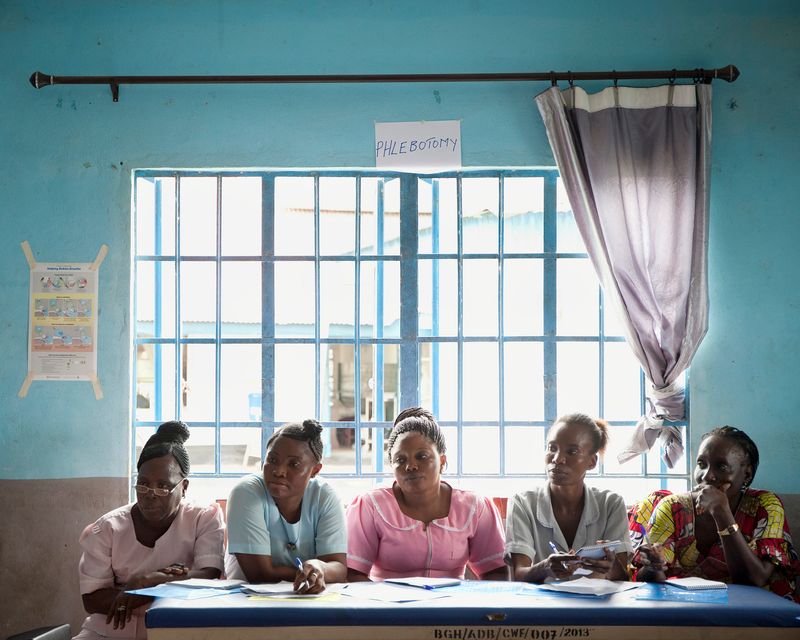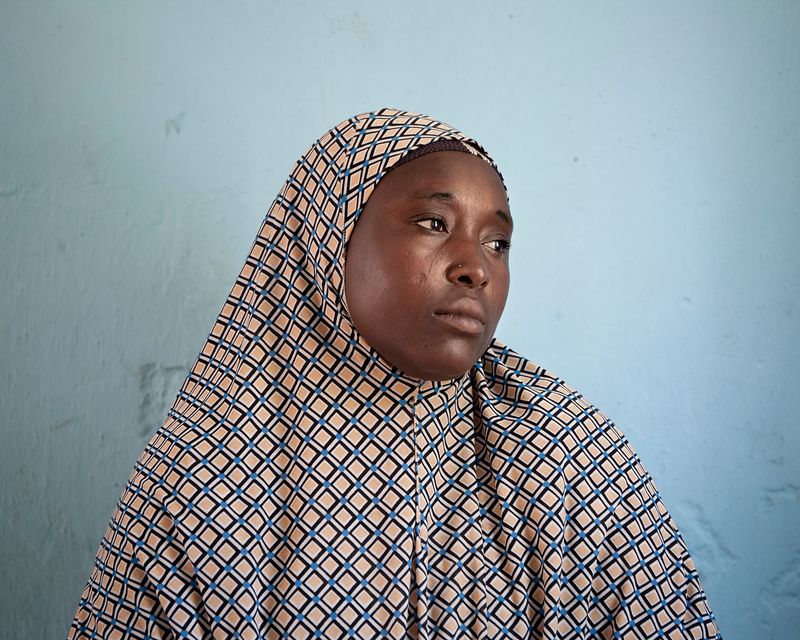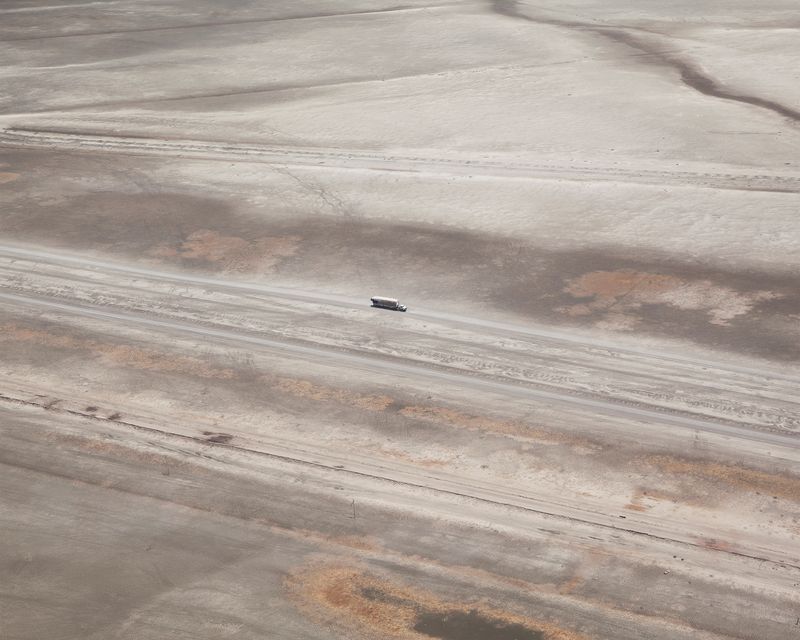CROSSING THE RIVER / African women on the frontline against maternal mortality
-
Dates2018 - Ongoing
-
Author
-
Recognition
Every year, in the world, 303,000 women die due to complications related to pregnancy and childbirth, and for another 10 million becoming a mother means to carry diseases throughout their lives. 66% of the global maternal mortality occurs in Subsaharan Africa only, where the World Health Organization estimates that 546 women out of 100,000 live births do not survive, compared to 12 in the developed regions of the planet.
CROSSING THE RIVER follows the everyday challenges of four African female health professionals who’re making a difference, within their communities, in promoting the women’s right to health. In African rural areas, in fact, access to healthcare facilities is hard due to poor road conditions; health staff is not enough; frequent teenage pregnancies increase complications. Safe childbirths can be obstructed also by traditional believes, and even by gender inequality.
The four protagonists of the project work in four different African countries. Betty is a midwife managing a healthcare center in the poor Ugandan Karamoja region: integrating the respect for traditional believes with modern obstetric techniques, she’s convincing many women to give birth in safe conditions.
Flaviour is a public health expert in Bonthe district, Sierra Leone (the country with the highest maternal mortality rate in the world), and she’s creating an efficient transport system for women in obstetric emergency.
Halima is a doctor in Borno, Nigeria, where Boko Haram broke down two thirds of the healthcare facilities, and women are paying the highest price of the conflict.
Natalia, a psychologist in Mozambique, sensitizes young women on the issue of HIV, which highly affects reproductive health.
I’ve been engaged in this project for two years with the aim of making a wide audience aware of the real toll maternal mortality is taking on African women and societies, as well as showing the creative ways African female health professionals are putting in place to save women and newborn babies.
Aware of the risk of falling into stereotypes, I’ve tried to report this topic with my own vision, which has been shaped thanks to the stories, thoughts and desires of the women I’ve met. Through portraits from afar in the landscape, views from helicopters and panoramas along rivers, I’ve given an important weight to the environment since it plays a crucial role in people’s lives, as it affects individual and collective identities. The conformation of the landscape, in this case, is directly related to the causes of maternal mortality and in turn it represents a challenge.
The Women Photographers Grant would allow me to add a new chapter in Central African Republic, which is currently affected by one of the most serious contemporary humanitarian crises.
The outputs will be publications on international media, a traveling photo exhibition that will be the focus of conferences on the subject of women’s health, and screenings of the videos produced with the project (the production of the exhibition has already been largely financed).
